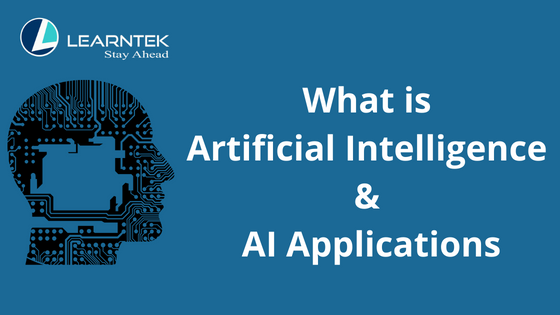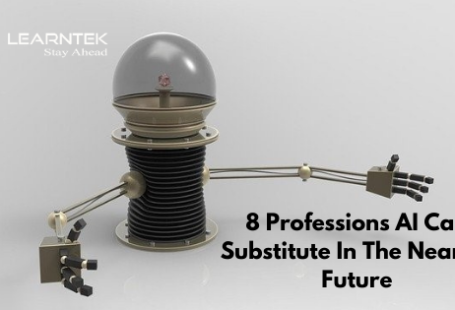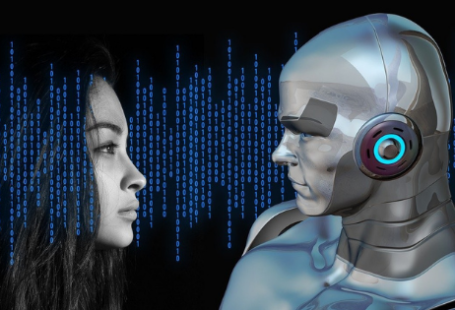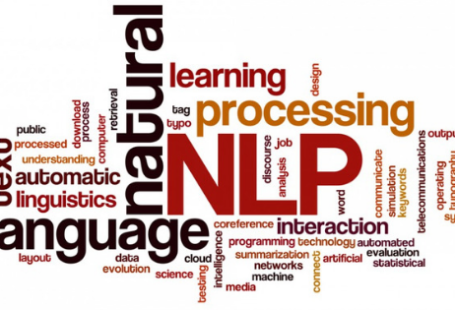Artificial Intelligence (AI) is a field of computer science and engineering that focuses on creating intelligent machines that can perform tasks that typically require human-like intelligence, such as visual perception, speech recognition, decision-making, and natural language processing. AI systems can be designed to learn from data and improve their performance over time. In this article, we will discuss the history of AI, its various types, its practical applications, and its future prospects.
History of AI
The idea of creating intelligent machines dates back to ancient times, but the term “Artificial Intelligence” was first coined in 1956 by John McCarthy, Marvin Minsky, Nathaniel Rochester, and Claude Shannon at the Dartmouth Conference. The goal of the conference was to develop a “thinking machine” that could perform tasks previously thought to require human intelligence.
In the early days of AI, researchers focused on creating rule-based systems that could solve specific problems. However, these systems were limited in their capabilities, and the field stagnated for several years. In the 1980s, the development of expert systems, which used knowledge-based reasoning to solve problems in specific domains, reinvigorated the field.
In the 1990s, the development of machine learning algorithms, which allowed computers to learn from data, opened up new possibilities for AI. Deep learning, a type of machine learning that involves training deep neural networks, has led to significant breakthroughs in areas such as image recognition, speech recognition, and natural language processing.
Types of AI
There are three main types of AI: narrow or weak AI, general or strong AI, and superintelligence.
Narrow or weak AI refers to systems that are designed to perform specific tasks, such as image recognition, speech recognition, or language translation. These systems can perform their tasks with a high level of accuracy, but they lack the ability to reason or understand context beyond their specific task.
General or strong AI, on the other hand, refers to systems that can perform any intellectual task that a human can. These systems have a broader range of capabilities and can reason and understand context beyond their specific task. However, true general AI has not yet been achieved.
Superintelligence refers to a hypothetical future AI system that is significantly more intelligent than humans. This type of AI is often the subject of science fiction stories and is a topic of intense debate among AI researchers and experts.
Applications
Artificial Intelligence (AI) has numerous applications across various fields. Here are the top ten most significant AI application areas:
- Healthcare: AI is being used in healthcare to improve patient outcomes, reduce costs, and increase efficiency. For example, machine learning algorithms can be used to analyze medical images and help doctors diagnose diseases, such as cancer, at an earlier stage. AI can also be used to personalize treatment plans based on a patient’s individual characteristics, such as genetic makeup, medical history, and lifestyle.
- Finance: AI is being used in finance to detect fraud, automate routine tasks, and analyze vast amounts of financial data. For example, machine learning algorithms can be used to detect anomalies in financial transactions, such as credit card fraud. AI can also be used to automate tasks such as customer service and underwriting.
- Transportation: AI is being used in transportation to improve safety, reduce congestion, and increase efficiency. For example, self-driving cars use AI to navigate roads and make decisions in real-time. AI can also be used to optimize transportation systems, such as traffic lights and public transportation.
- Manufacturing: AI is being used in manufacturing to improve quality, reduce waste, and increase efficiency. For example, AI can be used to predict equipment failures and optimize production schedules. AI can also be used to analyze data from sensors and other sources to identify areas for improvement.
- Retail: AI is being used in retail to enhance customer experiences, optimize pricing strategies, and improve supply chain management. For example, AI can be used to personalize product recommendations based on a customer’s browsing history and purchase behavior. AI can also be used to forecast demand and optimize inventory levels.
- Education: AI is being used in education to personalize learning experiences and improve student outcomes. For example, AI can be used to analyze student performance data and identify areas where a student may be struggling. AI can also be used to develop personalized learning plans that cater to a student’s unique needs.
- Agriculture: AI is being used in agriculture to increase crop yields, reduce waste, and improve sustainability. For example, AI can be used to analyze weather data, soil data, and other environmental factors to optimize crop planting and harvesting schedules. AI can also be used to identify pests and diseases early, enabling farmers to take timely action.
- Energy: AI is being used in energy to improve efficiency and reduce costs. For example, AI can be used to optimize energy consumption and production based on real-time data. AI can also be used to predict equipment failures and reduce downtime.
- Cybersecurity: AI is being used in cybersecurity to detect and respond to cyber threats. For example, AI can be used to analyze network traffic data and identify suspicious behavior. AI can also be used to automate incident response processes, reducing response times and minimizing damage.
- Human Resources: AI is being used in human resources to streamline recruitment processes, reduce bias, and improve employee retention. For example, AI can be used to analyze job postings and identify areas where bias may be present. AI can also be used to analyze employee performance data and develop personalized training plans.





